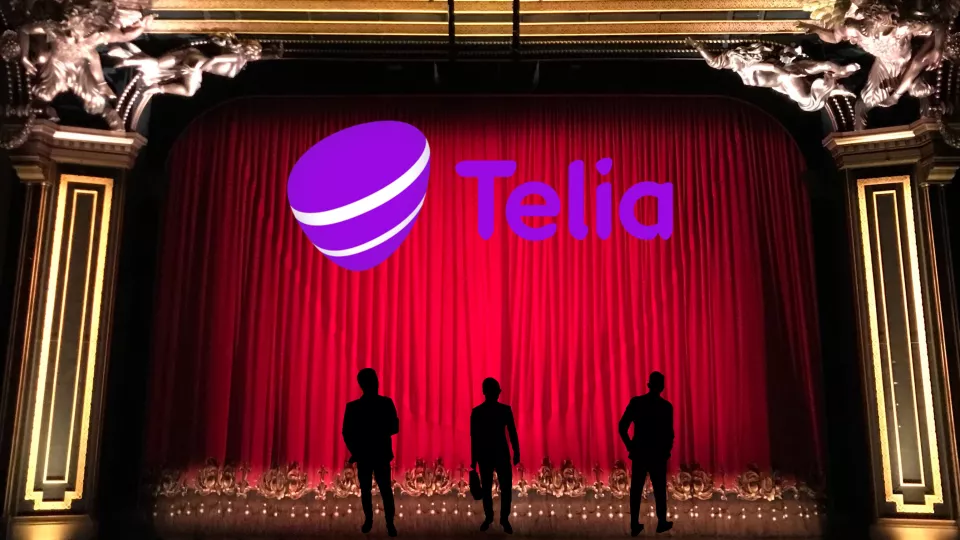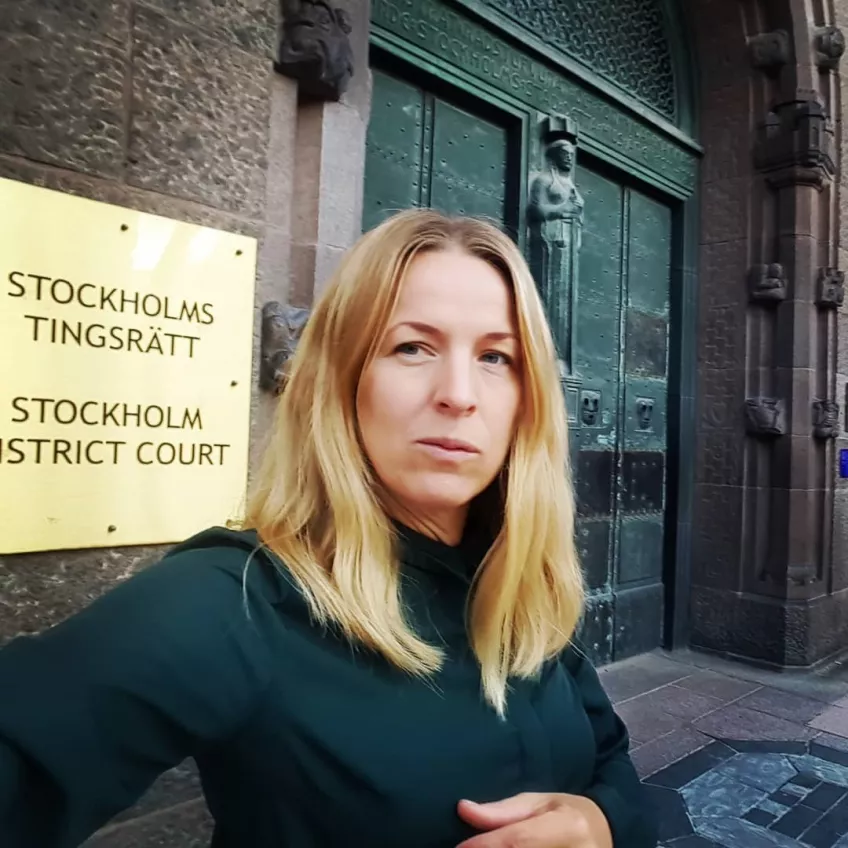In September 2018, three former top executives of the Swedish telecommunications company Telia Company AB were on trial in the Stockholm District Court for alleged involvement in a corporate bribing scheme in Uzbekistan. The company had paid Gulnara Karimova, the daughter of the President of Uzbekistan at the time, at least 330 million USD to operate on the Uzbek telecom market. Telia had already agreed to a global settlement of almost 1 billion USD to resolve related charges put forward in the U.S. and Europe. In Sweden, however, corporations cannot be criminally charged. Swedish prosecutors found the three former executives likely to have organised the corruption scheme and summoned them to court to argue their case.
Socio-legal scholar Isabel Schoultz attended the trial as an observer. She studies corporate defence strategies against criminal accusations and was interested in how the defendants and their lawyers behaved to communicate innocence in a transnational corporate bribery case. In an article published in October 2021, she draws on the concepts of sociologist Erving Goffman, describing the trial as a theatrical play. The first act of the performance received no accolades for entertainment value.
"On the first day of the court hearing, the professional judge gave the floor to the prosecutors to present their claims. The two prosecutors opened their 555-slide PowerPoint presentation and started to present the charges … The two prosecutors' opening presentation lasted until after lunch on the second day."
In response to the prosecutors' allegations, Schoultz observed how the three defences presented the judges and the audience with a shared understanding of the events as non-criminal and that the defendants did not belong in court. She refers to this as a performance of "unbelonging" in court.
One defendant performed unbelonging by being uncustomarily polite and accomodating and expressing nervosity. Telia's former CEO, on the other hand, sighed at the prosecutors' questions and responded curtly. The third defendant behaved and dressed similarly to his lawyers and even entered the court with them, bypassing the security check mandatory for all other than legal professionals.
Another aspect of unbelonging involved the defendants' claim that Telia used them as scapegoats. Schoultz notes that a central problem of prosecuting white-collar crime concerns how corporate structures complicate responsibility issues, making it difficult to assign blame. Many people were involved in conducting Telia's business in Uzbekistan. Only three stood trial. All of them conveniently positioned within the company to take the fall for Telia's criminal business practices.
The final part of the defence's performance was to criticise the prosecution of dishonesty and conspiracy. "By acting as the one who has the right to make condemnations, the defendant enhances the impression of himself as being wrongfully placed among the defendants in a criminal trial," Schoultz writes.
After 42 days of trial and theatrics, the court acquitted the three former executives of Telia Company AB. The prosecution appealed the verdict, and in February 2021, the Svea Court of Appeals announced that it upheld the acquittal.

